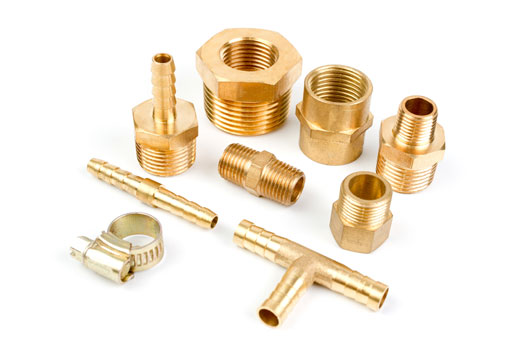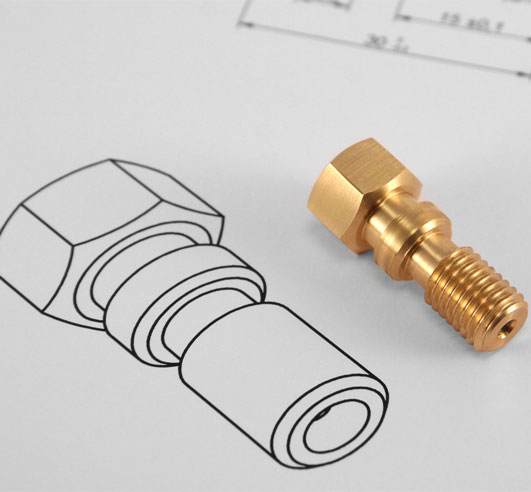Understanding the versatility and power that Computer Numerical Control (CNC) routers can wield is the first step to truly unleashing your design and manufacturing potential. The process of CNC machining can be made much simpler once its core principles are grasped and put into practice. This blog aims to guide you through this fascinating world of CNC router machining, serving as your comprehensive resource in the journey towards mastery.
Getting Familiar with CNC Machining
The term 'CNC' stands for 'Computer Numerical Control,' and it refers to a process used within the manufacturing sector where pre-programmed computer software dictates the movements of machinery. Primarily, a CNC system is utilized to control a range of complex machinery from grinders and lathes to mills and routers.
As a subtractive manufacturing method, CNC routers work by cutting away material to create a finalized piece. They are powerful tools able to produce custom, high-quality parts in various industries including woodworking, metalworking, plastics, and more.
CNC Router: The Basics of Operation
CNC routers operate under the control of a computer 'brain.' First, design software is used to create a digital blueprint for the intended piece. This blueprint is then converted into a language the CNC router can understand, using specialized software. This language, called G-code, is a series of coordinate-targeted instructions.
Once programmed, the router's operator only needs to secure the workpiece (the material to be cut), install the correct bit and feed speed, and commence the operation. The machine then follows the pre-set tool path, making precise cuts to carve the design from the workpiece.
Advantages of CNC Router Machining
CNC router machining has various benefits. First, they are exceptionally precise, resulting in a high degree of repeatability with a minimal margin of error. Second, once a design has been programmed into the machine, it can produce hundreds, or even thousands, of identical products, making it perfect for mass production needs.
Another advantage is flexibility. With an ability to be programmed with any design, a CNC router can create almost any shape you need. Lastly, CNC routers offer a safe working environment. The automated nature of the router means a reduction in the manual labor needed to make cuts and shapes which contributes to increased safety on the production floor.
Choosing the Right CNC Router
When it comes to choosing a CNC router, a multitude of factors come into play. The machine's size, power, speed, and cost all need to be considered, as does the industry you're working in.
For instance, woodworking might need a larger machine with powerful motors to handle hard, dense wood while plastics and foams can be machined with smaller routers. Likewise, a commercial operation producing multiple identical pieces may need a more powerful router than a hobbyist creating unique, personalized works.
Care and Maintenance of Your CNC Router
Just like any piece of machinery, a CNC router requires regular maintenance to stay in optimal condition. This includes daily, weekly, and monthly tasks like inspecting and cleaning the machine, checking for mechanical wear, ensuring software is updated, and ensuring bits are sharp and in good condition.
Implementing a consistent maintenance routine helps to prolong the life of your router, reduces downtime due to malfunction or wear and tear, and ensures that you get the highest quality results every time your machine is in operation.
As we explore the heady highs of modern manufacturing technology, one thing is certain: a CNC router is an exceptional tool, capable of ushering you into a new realm of precision, productivity, and efficiency. Embarking on the journey towards CNC mastery may appear daunting at first, but with the right knowledge and resources, it can prove to be a highly rewarding endeavor. Happy cutting!
router cnc machine







